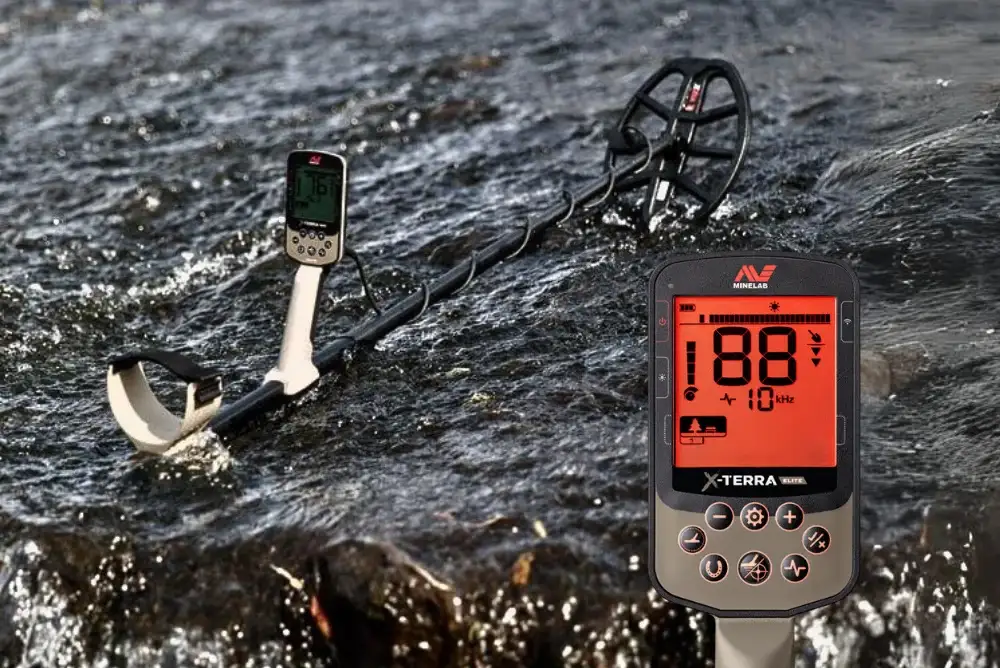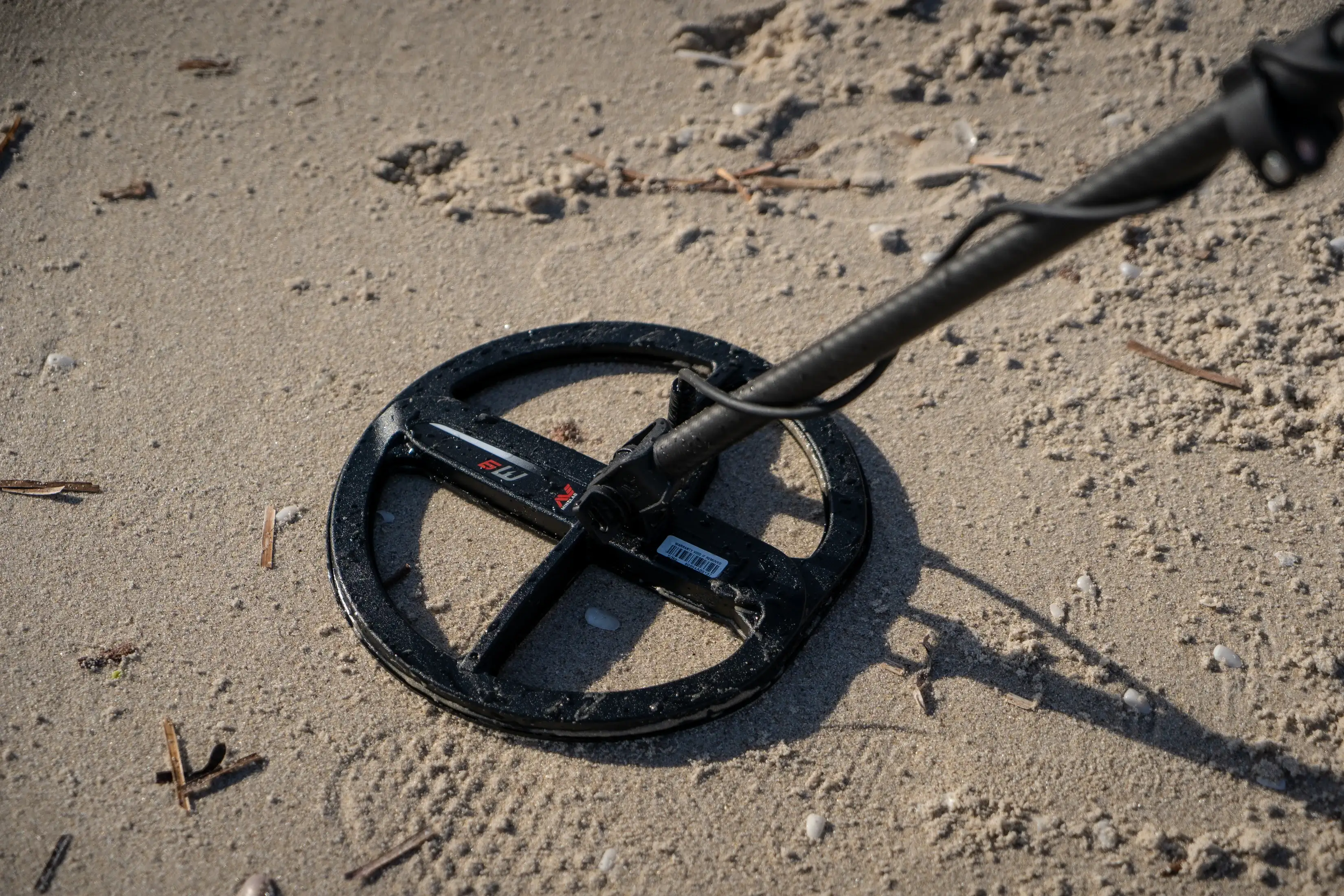We use cookies to enhance your browsing experience serve personalized ads or content, and analyze our traffic. By navigating our website, you consent to our use of all cookies. You can opt-out if you wish by clicking on “Configure Cookies”
The Treasure Hunter's Guide to Metal Detecting Laws and Regulations

What You Need to Know Before You Start Your Adventure?
Metal detecting is an exciting hobby that blends the thrill of treasure hunting with a passion for history. However, before you embark on your next adventure, it's crucial to understand the laws and regulations governing this activity. While the excitement of unearthing hidden artifacts is undeniable, respecting these laws ensures that metal detecting remains a safe and sustainable hobby for everyone.
Why Understanding Metal Detecting Laws Is Essential?
Preserving History and Archaeological Integrity
Metal detecting often leads to the discovery of historically significant artifacts. Without proper regulations, these items could be damaged or lost forever. Laws help preserve these valuable historical objects for future generations and allow professionals to study them in the appropriate context.
Avoiding Legal Consequences
In the eyes of the law, ignorance is no excuse. Metal detecting in unauthorized areas or failing to report significant finds can result in substantial fines or even criminal charges. By familiarizing yourself with the relevant regulations, you can enjoy your hobby without the fear of legal repercussions.
Respecting Private and Public Property
Many prime locations for metal detecting, such as beaches, parks, and historical sites, are either privately owned or protected public lands. Detecting on private property without permission constitutes trespassing, while public lands often have specific rules to safeguard natural and historical resources. Knowing these boundaries is essential for maintaining positive relationships with landowners and the community.
Key Regulations to Keep in Mind
Federal and State Laws
In the United States, the Archaeological Resources Protection Act (ARPA) governs the excavation and removal of archaeological resources on federal and Native American lands. Violations of ARPA can lead to severe penalties. Additionally, state laws vary widely, with some states requiring permits or imposing strict rules on metal-detecting activities.
Local Ordinances
Cities, counties, and municipalities often have their own rules regarding metal detecting. These may include designated areas where metal detecting is allowed or prohibited and regulations about the depth of permitted digging. Always check local ordinances before heading out.
Beach and Park Rules
Many popular metal detecting spots, such as beaches and parks, have specific regulations. Some may require a permit, while others might limit detecting to certain areas. Always consult with local park authorities to ensure compliance.
Best Practices for Responsible Metal Detecting
Seek Permission
Always obtain permission before metal detecting on private property. A courteous request to the landowner can often yield positive results and even tips on where to search.
Follow 'Leave No Trace' Principles
Respect the environment by filling in any holes you dig and removing any trash you find. This practice keeps the area clean and ensures that metal detecting remains a welcome activity.
Report Significant Finds
If you uncover something of potential historical or cultural significance, report it to the appropriate authorities. This helps ensure that the item is preserved and contributes to our collective understanding of history.
Protect Yourself and the Hobby by Following the Law
Metal detecting offers adventure, excitement, and a deep connection to history. By understanding and adhering to the relevant laws and regulations, you can protect yourself legally, preserve historical integrity, and ensure that this beloved pastime is available to future generations. Before you set out with your metal detector, take the time to research and understand the rules of the land. Your respect for the laws will enhance your experience and contribute positively to the metal-detecting community.


















Comments
I’m the proud owner of the Excalibur 2, the 800 they are both excellent tools and have found treasures to numerous to mention,thank you Minelab!!